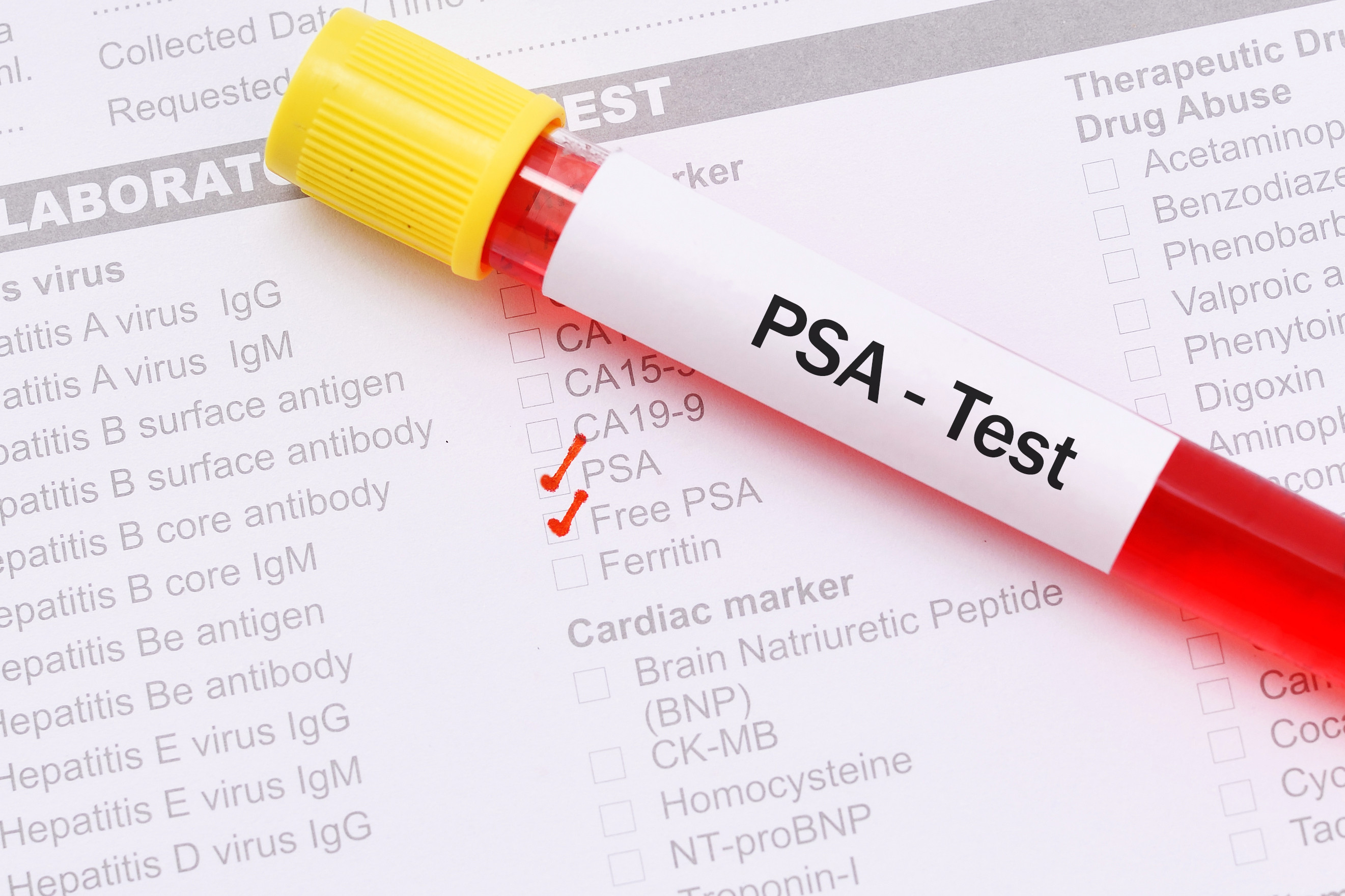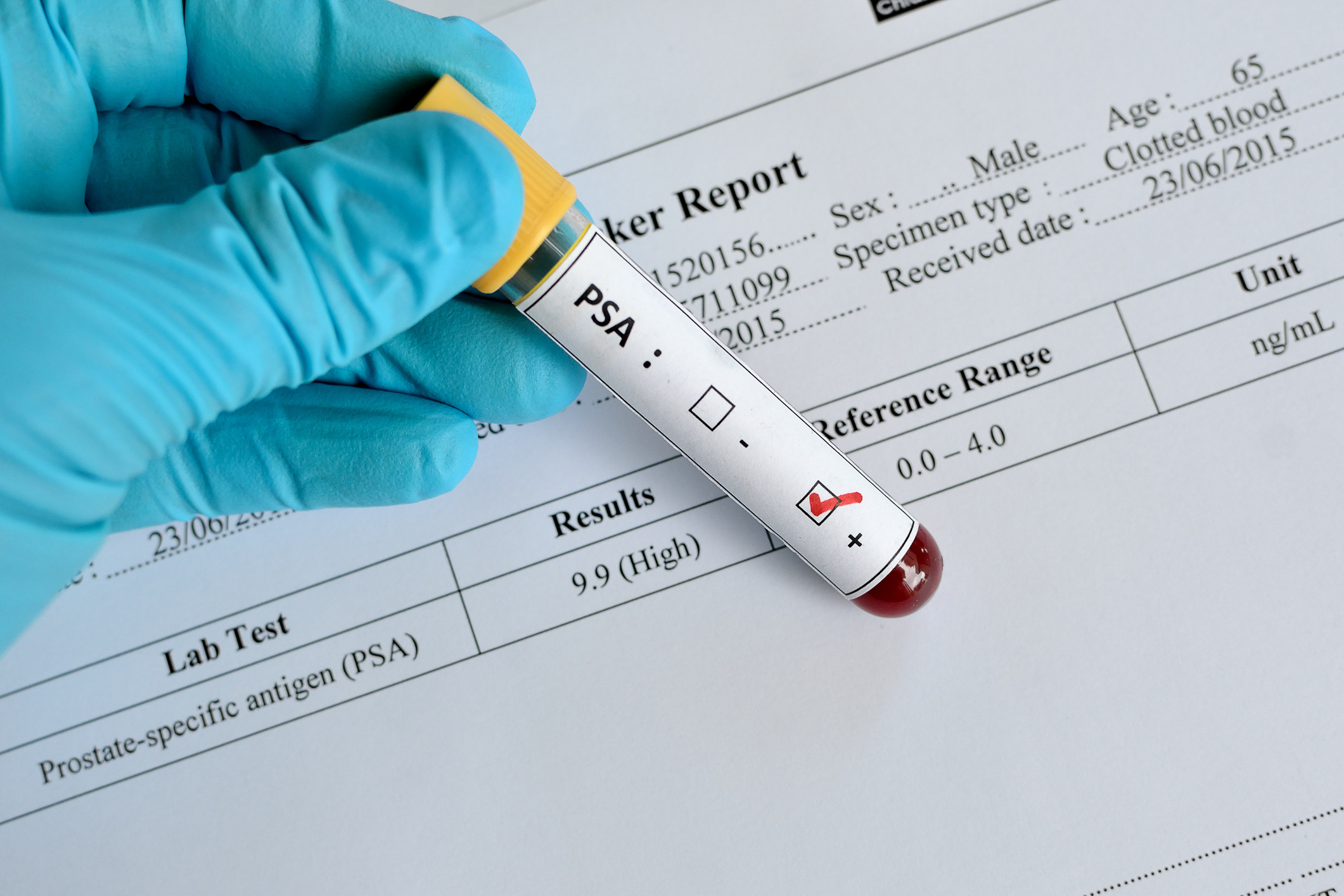
New thinking about plaque in arteries that feed the brain

Want to prevent shifting teeth? Maybe you need retainers

What you need to know about the new dietary guidelines

Food that’s healthier for people and planet can be cheaper, too

New evidence that polyphenol-rich foods help the heart

8 simple ways to reduce ultra-processed foods in your diet

How to curb your stress eating

How to spot Parkinson’s disease symptoms

Heart failure symptoms in women: How they’re different

GERD diet: Foods to avoid to reduce acid reflux
Prostate Health Archive
Articles
Combination hormonal therapy boosts survival in men with aggressive prostate cancer
The results of two studies found that using the drug abiraterone in combination with other hormonal therapy drugs to treat aggressive prostate cancer produced more favorable results than the first-line therapy alone.
Combination hormonal therapy boosts survival in men with aggressive prostate cancer
Charlie Schmidt A standard approach for treating aggressive prostate cancer is to give therapies that block testosterone, a tumor-stimulating hormone. Should initial hormonal therapies fail, doctors can switch to other drugs that suppress testosterone in different ways. One of them, a drug called abiraterone, has been shown to significantly extend lifespans in men who have […]
Influential task force revises its position on PSA screening tests
Charlie Schmidt In 2012, the US Preventive Services Task Force (USPSTF) took the unprecedented step of recommending against prostate cancer screening for all men, regardless of age, race, or family history. Now this influential group of independent experts is reassessing its position based on more recent data. Instead of discouraging screening altogether, the UPSTF is […]
To PSA test or not to PSA test: That is the discussion
The recommended guidelines for whether men should have the prostate cancer screening test have changed in recent years. A man considering the test should talk with his doctor and understand all the pros and cons involved.
Immediate radiation when PSA levels spike after prostate cancer surgery helps reduce risk of recurrence
After prostate cancer surgery, the patient’s prostate-specific antigen (PSA) is monitored by his doctor via a simple blood test. New research indicates that if the PSA increases following surgery, immediate radiation therapy can reduce the risk of cancer recurrence.

New thinking about plaque in arteries that feed the brain

Want to prevent shifting teeth? Maybe you need retainers

What you need to know about the new dietary guidelines

Food that’s healthier for people and planet can be cheaper, too

New evidence that polyphenol-rich foods help the heart

8 simple ways to reduce ultra-processed foods in your diet

How to curb your stress eating

How to spot Parkinson’s disease symptoms

Heart failure symptoms in women: How they’re different

GERD diet: Foods to avoid to reduce acid reflux
Free Healthbeat Signup
Get the latest in health news delivered to your inbox!
Sign Up










